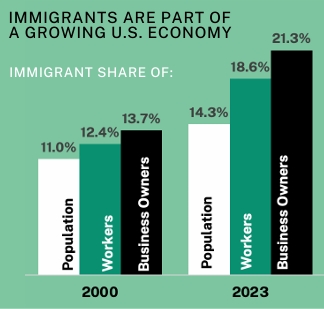Double-digit unemployment. Increased hours of child care. Lost hours and benefits. In three months, women lost a decade’s worth of economic advancement. How long will it take to catch back up?
By Chabeli Carrazana, Economy Reporter, 19th News
“…For the first time since they began a consistent upward climb in the labor force in the 1970s, women are now suffering the repercussions of a system that still treats them unequally. Men are still the primary breadwinners. Women are still the primary low-income workers, the ones whose jobs disappeared when coronavirus spread. Mothers in 2020’s pandemic have reduced their work hours four to five times more than fathers to care for children in a nation that hasn’t created a strong caregiving foundation.
When the economy crumbled, women fell — hard.
This year, female unemployment reached double digits for the first time since 1948, when the Bureau of Labor Statistics started tracking women’s joblessness. White women haven’t been such a small share of the population with a job since the late 1970s. And women of color, who are more likely to be sole breadwinners and low-income workers, are suffering acutely. The unemployment rate for Latinas was 15.3 percent in June. For Black women, it was 14 percent. For White men: 9 percent.
All the while, women continue to earn less than men, with White women making 79 cents on the White male dollar, Black women making 62 cents, Native American women making 57 cents and Latinas making 54 cents.
What women in America are living now is the consequence of years of occupational segregation that kept them out of managerial positions, stuck in low-paying jobs with few safeguards like paid sick leave. When a third of the female workforce — the grocery clerks, home health aides and social workers — became “essential workers” this year, they were faced with difficult decisions about preserving their health or keeping their jobs. The rest found themselves more likely to be in positions that vanished overnight, like the housekeepers and the retail clerks, or on the margins, in the jobs at risk of never coming back…”


